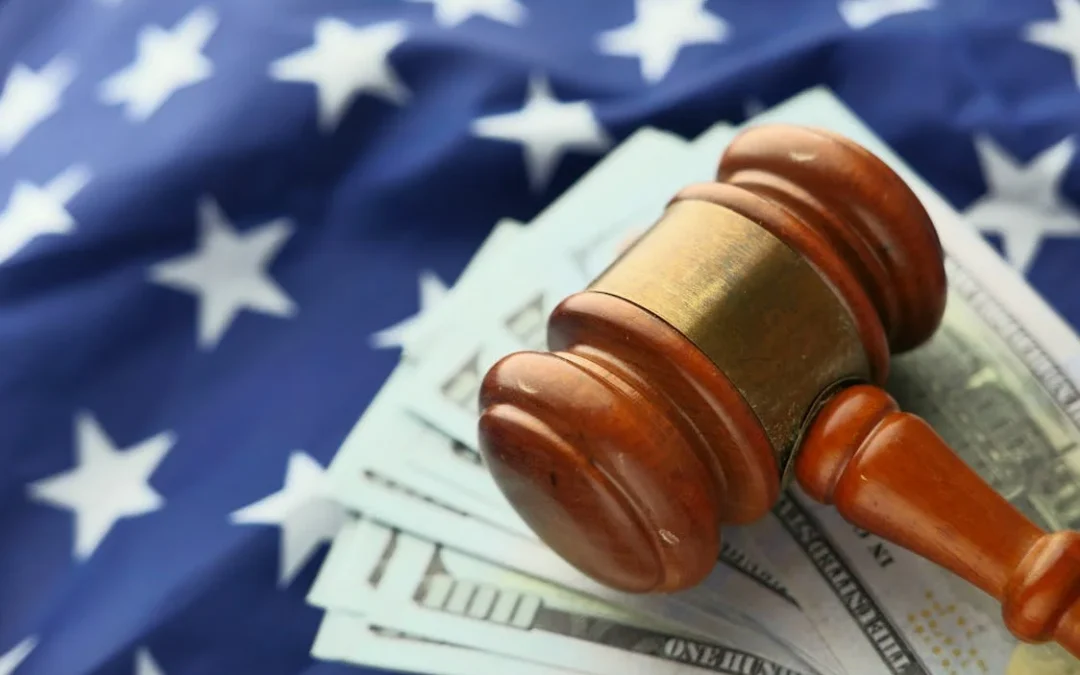Whilst thousands of criminal cases progress through the courts every week, some cases attract more media and public attention. This may be due to the profile of the accused (for example, if they are a sports player or celebrity) or due to the nature of the alleged offence. Whilst the law is supposed to apply equally to all, high profile cases can be more complex to navigate – particularly, if the accused is being put forward by the prosecution as some kind of example or cautionary tale. The media attention that a bail case attracts can flow onwards to the criminal trial. It can have adverse consequences by virtue of the information in the public domain, which may become known to individuals who will end up being empanelled on the jury. However, with the right strategies in place, a high-profile accused can be successful in securing bail and also protect their prospects of a positive outcome at trial.
The Role of Sureties in Overcoming Bail Challenges for High-Profile Accused
Regardless of who you are, the same bail tests apply to everyone. However, if you are a person of means and you are charged with serious criminal offences, the prosecution may argue that you are an unacceptable risk of flight or interfering with witnesses. This may cause a magistrate or judge to deny you bail. In such cases, the high-profile accused person applying for bail should have available to them an appropriate surety. A surety is a person who is prepared to deposit funds into the court or put up property in support of the accused person’s bail. They are sometimes referred to as the eyes and ears of the court. Ideally, a surety should be a close family member or friend with whom the accused person is going to reside if granted bail. That way, the surety can give effect to their obligations by supervising the accused and their compliance with their bail conditions, knowing that (if the accused breaches bail) the surety may lose some or all of the amount put forward. This could cause them to have to sell their house. The potential consequences for the surety means that they will acutely supervise bail. For the accused, knowing the potential consequences for a surety will act as a deterrent to breaching bail.
When an appropriate surety is combined with stringent reporting conditions, surrender of a passport and a static residential address, an argument by the prosecution that the accused is an unacceptable risk may be defeated. It may also give rise to an argument by the defence that bail is only being opposed because of the high profile nature of the person, whom the prosecution want to make an example of.
Media Exposure and Non-Publication Orders in High-Profile Bail Applications
In high-profile cases, the criminal defence lawyer appearing for the accused must strike a delicate balance between cross-examining the police officer to identify weaknesses in the prosecution case (which will maximise the accused’s prospects of being granted bail) and putting into the public sphere information damaging to the accused person and their reputation. When we represent high-profile individuals, we are aware that the media will publicise the case and that certain aspects of the case may become known to potential jurors. In some cases, we are able to apply for a non-publication order so that the media cannot report on the bail application because it may adversely affect the ultimate trial or be harmful to a person. If the accused has mental health issues and can produce evidence that the publication of their matter may lead to self-harm, this can be a basis for the granting of an order. Similarly, if evidence will be referred to in the bail application which may not ultimately be allowed to be led at trial, there may be an argument that a non-publication order should be made to avoid inadmissible evidence being ventilated by the media.
Fair Media Reporting to Protect Jury Impartiality
In Victoria, it is illegal for either the prosecution or defence to have direct contact with jurors before, during or after the trial. There a number of very good of reasons why this is the case. However, by virtue of the legislation, we never really learn how much of what the media reports about an accused influences the juror. During the trial, the jury are told not to read the media reporting or do any online searches. However, individual jurors may come to the trial having already read the media reporting on the previous bail application, obviously not knowing that they would be called to jury duty on that trial. Accordingly, it is important to be careful when representing a client who has a high-profile matter to ensure that, as far as possible, the media reporting (if it occurs) is fair and does not ultimately adversely affect the clients interests.
Engage Melbourne’s Most Experienced Criminal Lawyers
If you’re facing criminal charges, working with an experienced lawyer can profoundly impact your case’s outcome. With decades of experience, including the handling of high-profile cases, Galbally Parker provides comprehensive legal support to achieve the best possible outcome for their clients.
Contact our team of Melbourne criminal lawyers today to discuss your case.


